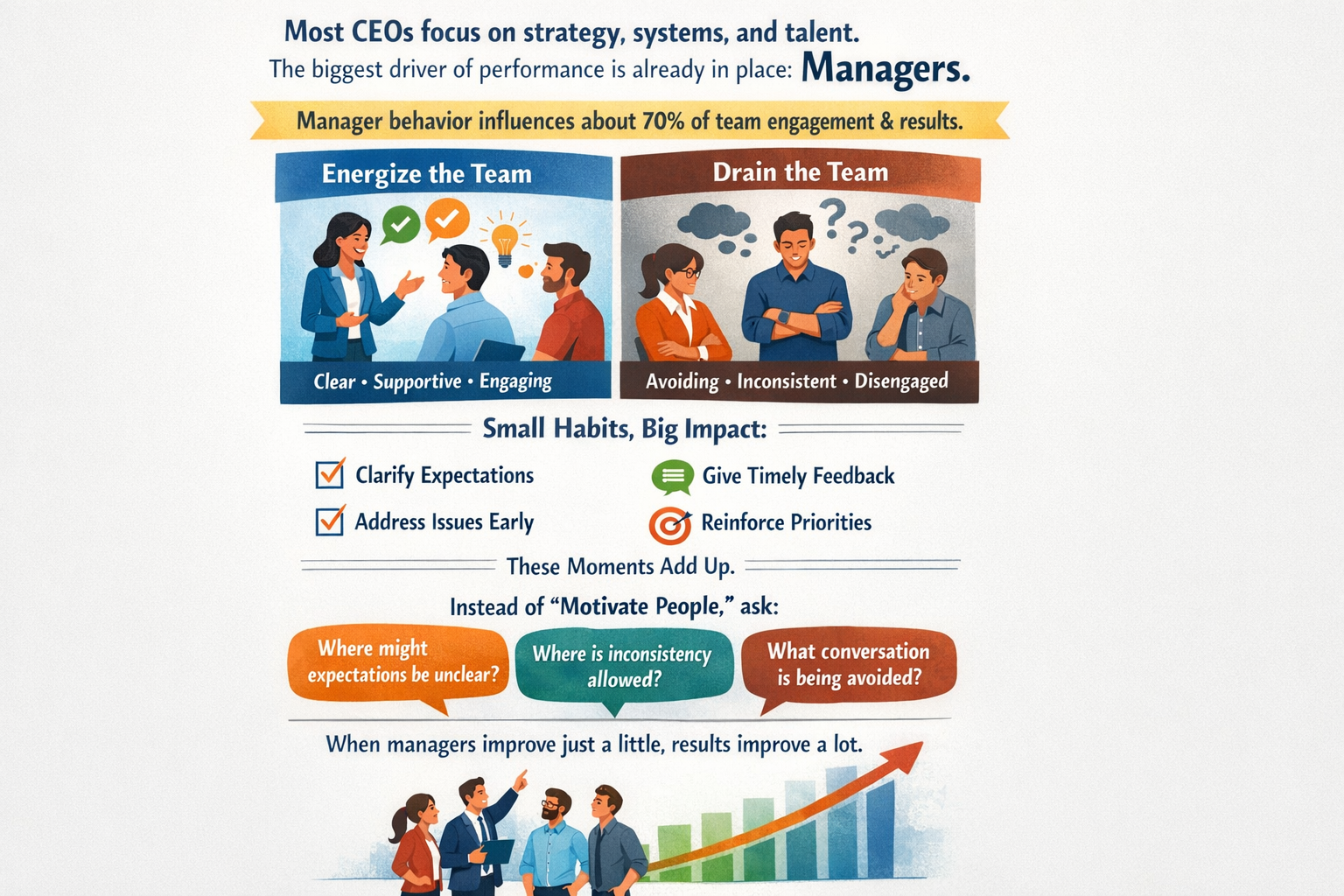Self-Reflection for Great Leaders

Thinking about yourself and how you work is important for everyone, especially leaders. When you take time to look at yourself, you can:
· Find out what you're good at
· Figure out what you need to improve
· Learn how to do your job better
Why is self-reflection so important for leaders? Here are three big reasons:
1. Know Yourself - Self-reflection helps you understand your leadership style. Think about how you act as a leader and how that affects your team. Are you helping people do their best work? Are you creating a positive workplace?
2. Be Flexible - The world changes quickly. By thinking about yourself, you can learn how to adapt. This means you'll be better at handling new challenges and information when they come up.
3. Make Better Decisions - When you look at situations without letting your ego get in the way, you can see things more clearly. This helps you make smarter choices that benefit your entire team.
Your Challenge
Pick one day this month to spend an hour thinking about your leadership. Ask yourself:
· What am I doing well?
· What could I do better?
· What's one thing I can improve next month?
By taking time to reflect, you can become a stronger, more effective leader.


